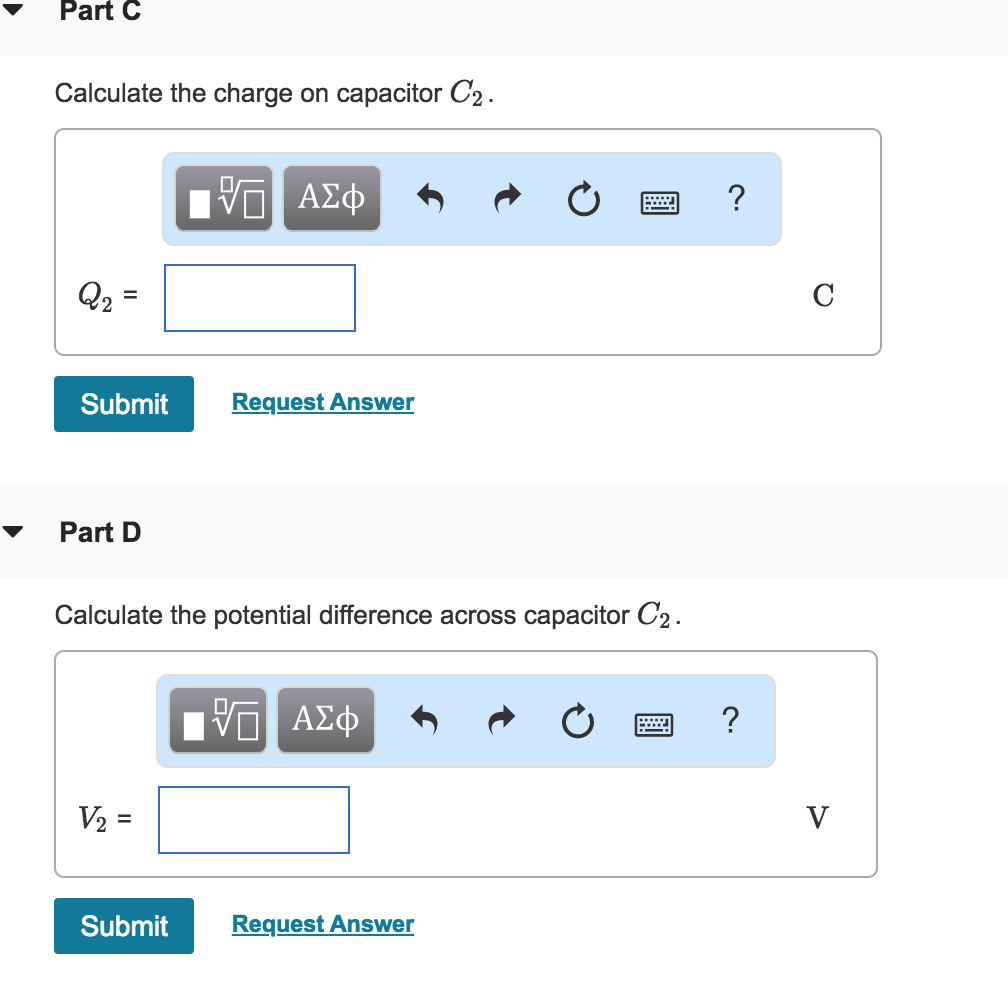
Can I Use a 45/5 Capacitor Instead of 35/5?
Capacitors are essential components in electronic circuits, storing electrical energy and releasing it when needed. In certain situations, it may become necessary to replace a capacitor with a different one, and understanding the compatibility between different types is crucial.
In this article, we will delve into the question of whether it is possible to substitute a 45/5 capacitor for a 35/5 capacitor. We will explore the underlying principles, compatibility factors, and potential implications of such a replacement.
Understanding Capacitor Ratings
Capacitors are rated based on two primary characteristics: capacitance and voltage rating. Capacitance measures the amount of electrical charge a capacitor can store, while the voltage rating indicates the maximum voltage it can withstand without failing.
In our case, the 35/5 capacitor has a capacitance of 35 microfarads (µF) and a voltage rating of 5 volts (V). Similarly, the 45/5 capacitor has a capacitance of 45 µF and a voltage rating of 5 V.
Compatibility Considerations
When substituting one capacitor for another, it is essential to ensure that the replacement capacitor meets or exceeds the specifications of the original.
In this instance, the 45/5 capacitor has a higher capacitance than the 35/5 capacitor. This means that it can store more electrical charge. However, both capacitors have the same voltage rating of 5 V, indicating that they can withstand the same maximum voltage.
Can I Use a 45/5 Capacitor Instead of 35/5?
Based on the compatibility considerations discussed above, it is safe to use a 45/5 capacitor instead of a 35/5 capacitor.
The higher capacitance of the 45/5 capacitor will not cause any issues in the circuit. In fact, it may even provide some additional benefits, such as improved filtering or energy storage.
Tips and Expert Advice
- Always verify the voltage rating of the replacement capacitor to ensure it meets or exceeds the original capacitor’s rating. Using a capacitor with a lower voltage rating can lead to failure.
- Consider the physical size and shape of the replacement capacitor to ensure it can fit properly in the designated space on the circuit board.
- If you are unsure about the compatibility of a specific capacitor replacement, consult with a qualified electrician or electronics technician.
Frequently Asked Questions (FAQs)
Q: Can I use a 35/10 capacitor instead of a 35/5 capacitor?
A: Yes, a 35/10 capacitor can be used as a replacement for a 35/5 capacitor. The higher voltage rating of the 35/10 capacitor provides additional safety and reliability.
Q: What happens if I use a capacitor with a lower capacitance than the original?
A: Using a capacitor with a lower capacitance may not provide the desired level of filtering or energy storage. It is generally recommended to use a capacitor with the same or higher capacitance as the original.
Q: Can I use a capacitor with a different physical shape or size?
A: The physical shape and size of the capacitor are important factors to consider. The replacement capacitor should fit properly in the designated space on the circuit board and have the appropriate terminal configuration.
Conclusion
Understanding capacitor compatibility is essential when replacing these components in electronic circuits. By considering the capacitance and voltage rating of the original capacitor and the replacement capacitor, it is possible to make appropriate substitutions.
In the case of a 35/5 capacitor, a 45/5 capacitor can be safely used as a replacement due to its higher capacitance and equal voltage rating. Following the tips and guidelines outlined in this article will help ensure a successful and safe capacitor replacement.
We encourage our readers to share their experiences or ask additional questions related to capacitor compatibility in the comments section below.
Image: staniu.blogspot.com

Image: www.chegg.com
Solved A5.60 pF capacitor that is initially uncharged is | Chegg.com Q=16v*680uf. Q=10880C. I have a ton of random junk that has various capacitors with other specs. For example, one is labeled 35v 470uf. So, suppose I want to substitute this 35v capacitor. C=Q/V. C=10880C/35v. C=311uf. Since the proposed substitute capacitor’s 470uf > 311uf, is it likely that this substitution will work, or is it the case that